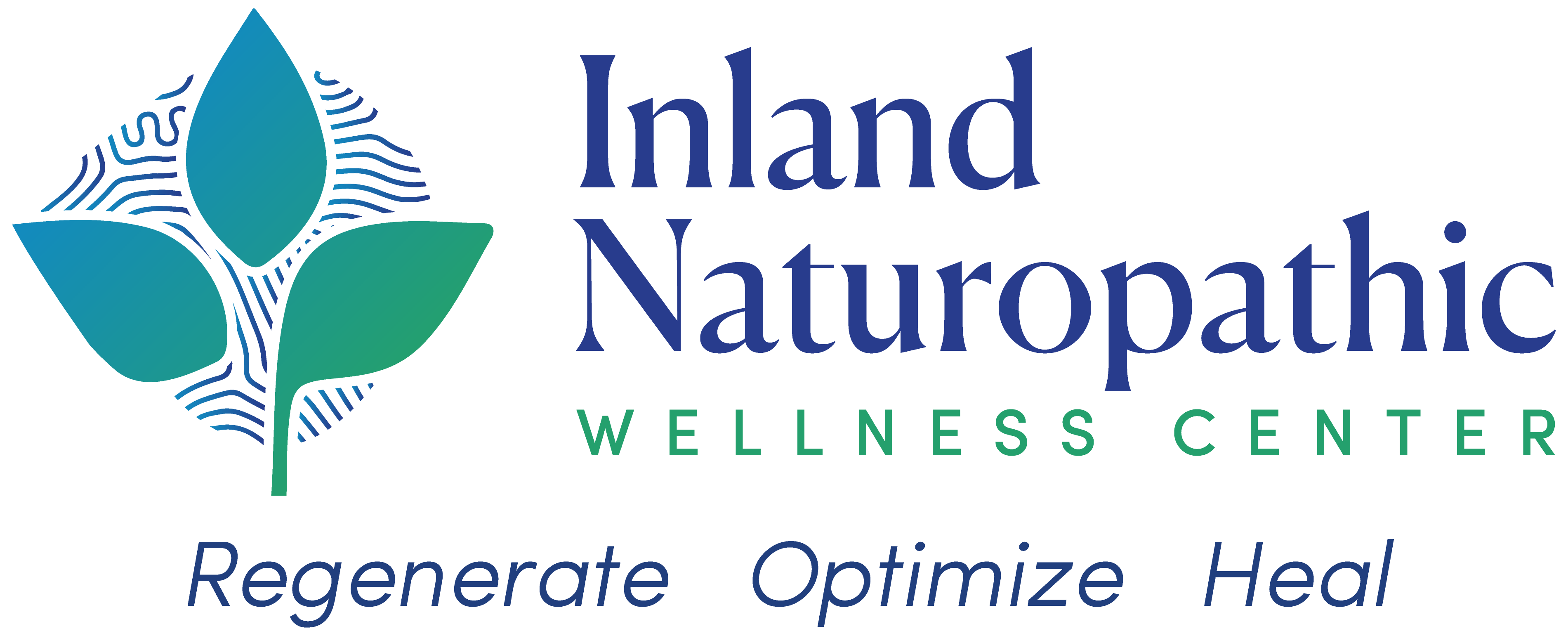Erectile dysfunction is incredibly common, affecting up to half of all men aged 40 years and older. Erectile dysfunction (ED) is the inability to achieve and/or maintain penile erection suitable for sexual satisfaction. The consequences can include shame, embarrassment, sexual frustration, partner dissatisfaction, and can negatively affect one’s quality of life. Anyone with ED approaching middle age should consider it a reflection of their arterial health unless proven otherwise. The American Urological Association (AUA) notes that optimal management of hypertension, and diabetes may prevent the development of ED. While there are several assistive therapies that can help men achieve erections, simultaneously addressing arterial health can improve outcomes and the risk of ED.
An Early Sign of Heart Disease
Although the physiological mechanisms required for erections are complex, they require good penile artery blood flow. Erectile dysfunction is often the earliest sign of heart or cardiovascular disease. And evidence of arterial disease in the penis, tends to mean there is arterial disease throughout the body. Conditions that commonly contribute to ED include high blood pressure, diabetes, obesity, smoking, and coronary artery disease. The rate of ED in diabetics is over 50%. In my practice most men with ED have diseased arteries caused by one or more of the preceding factors. Other less common causes of ED are psychological issues, problems with the nervous system, low testosterone, certain surgeries and medications, and some cancer treatments. Conditions like prostate enlargement, sleep apnea, and liver and kidney disease can also lead to ED.
ED is Associated with Higher Rates of Heart Related Deaths
There is more to the relationship between heart disease and erectile dysfunction. Multiple population-based studies of adult men show that those with ED have higher rates of heart disease related deaths compared to men without ED. One such study led by Vlachopoulos found that men with ED had a 39% increased risk of stroke, a 61% increased risk of heart attack, a 44% increased risk of a cardiovascular event and a 25% increased risk of death from any cause.1 The increased death rates are of course owed to the underlying heart disease.
Addressing Arterial Health Leads to Better Erections
Therapies such as oral phosphodiesterase-5 inhibitors like sildenafil, testosterone, prostaglandin E1 medications such as alprostadil, yohimbine, and vacuum pump devices have all been shown to help men achieve an erection suitable for sexual pleasure. Additionally, regenerative therapies such as shockwave therapy and platelet-rich plasma (PRP), aim to restore penile vascularization, improve function and structure of the penial erectile tissue and to regenerate penile nerves and are having success in helping restore erections as well. And, considered as a last resort, penile implant or prothesis is effective in helping men achieve an erection when other methods are unsatisfactory. But more, the addition of modalities that improve systemic arterial health such as lifestyle intervention and addressing cardiovascular risk factors leads to better outcomes and lowers ED risk and lowers risk to overall health.
Treatment of ED Through Lifestyle Interventions Improves ED Outcomes
Harnessing the benefits of lifestyle interventions to treat ED can improve both the prognosis and reduce risk of ED. For example, physical fitness, especially with moderate to intense exercise and weight loss is shown to restore erectile function. Weight loss and exercise improve self-esteem, increase testosterone, decrease inflammation, and improve arterial health as well. According to a study published in the journal of sexual medicine, aerobic exercise can improve ED, and especially in men with more severe ED.2 The authors concluded that the impact of thirty minutes of physical activity three times weekly was as effective as ED medications like Viagra.2
Food and nutrition can play a significant role in preventing heart disease and ED as well. Certain foods are excellent sources of natural compounds that promote arterial health through functions like preventing oxidative damage, decreasing inflammation, protecting the endothelium (layer of cells that line the arteries), boosting nitric oxide, and promoting healthy lipid levels. Some of the most important compounds include bioflavonoids, antioxidants, omega-3 fatty acids, alpha-linoleic acid, resveratrol, zinc, arginine, folate and vitamin E. Foods that contain these compounds include cold-water deep-sea fish, beets, leafy greens, pomegranate, grapes, garlic, dark chocolate, olive oil, peppers, walnuts and avocado. The adoption of a Mediterranean diet has long been shown to promote heart and arterial health. And the cessation of smoking also obviously plays a crucial role in promoting arterial health.
Summary
Erectile dysfunction is the inability to achieve or maintain an erection suitable for sexual activity. It is an extremely common problem affecting 50% of men over the age of forty. ED negatively impacts quality of life, intimate relationships, and is associated with embarrassment, lower self-esteem, depression, and frustration. Erectile dysfunction is recognized as an early indicator of arterial disease as well. Not only that, but those with ED also have significantly higher death rates owing to the presence of cardiovascular disease. (AUA) notes that optimal management of heart disease decreases the risk of ED and may prevent the development of ED.
Therapies like phosphodiesterase-5 inhibitors, penile prothesis, and vacuum pump devices, shockwave therapy, and PRP injections can help men achieve an erection suitable for sexual pleasure and are effective treatments. To improve the prognosis and reduce risk of erectile dysfunction, treatment is best done by addressing personal risk factors of heart disease and with the inclusion of lifestyle measures such as exercise, especially moderate to vigorous, and consuming a Mediterranean diet. Fortunately, successful treatment of forms of sexual dysfunction such as ED has been shown not only to improve quality of life but also sexual satisfaction and intimacy.
Dr. Ayo Bankole is a licensed Naturopathic Doctor treating persons with heart disease, diabetes, inflammation, pain and other environmental and lifestyle related conditions. He also possesses advanced training in environmental medicine and uses ozone therapy, regenerative medicine, IV nutritional therapy and chelation therapy in health restoration.
He is a member of the American Academy of Anti-Aging Medicine www.a4m.com, American Academy for the Advancement of Medicine www.acam.org, and the California Association of Naturopathic Doctors www.cand.org.
To learn more about our approach to erectile dysfunction and heart disease call 909-981-9200 and schedule your FREE DISCOVERY CALL.
References
- O’Riordan M. Erectile Dysfunction Linked with Increased Risk of CV Events. Available at http://www.medscape.com/viewarticle/777474. January 10, 2013
- Mohit Khera, Samir Bhattacharyya, Larry E Miller, Effect of aerobic exercise on erectile function: systematic review and meta-analysis of randomized controlled trials, The Journal of Sexual Medicine, Volume 20, Issue 12, December 2023, Pages 1369–1375

